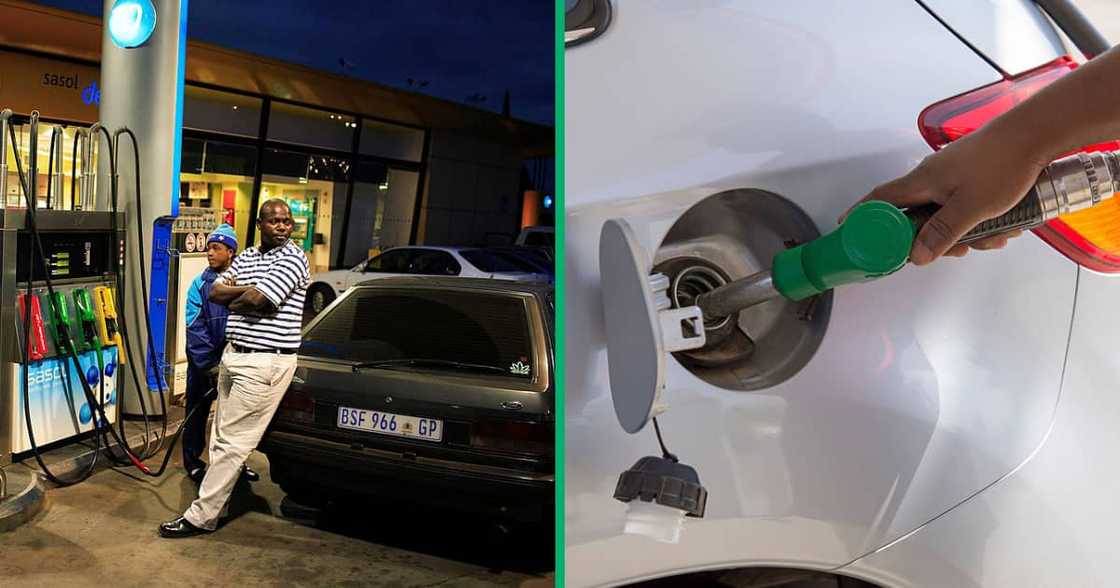South Africa Can Slash Fuel Prices to R10p/ℓ With Special Tax on Oil Companies, According to PAPPI
- The government could reduce the price of petrol to an astonishing R10 a litre if it could implement a tax on major oil companies in SA
- This is according to Visvin Reddy of the People Against Petrol and Paraffin Price Increase, who believes that if Mzansi did this and produced oil locally, it could contribute to lower oil prices
- He also suggested that South Africa buy oil from other countries like Russia and rely less on OPEC countries
PAY ATTENTION: Watch our new ranking show on YouTube now! Click here or search BIAS TEST on Briefly TV channel.

Source: Getty Images
If the government could place a special tax on fuel companies in South Africa, it’s possible that the fuel price could be slashed to R10 a litre. The country could also consider buying oil from non-OPEC (Organization of the Petroleum Exporting Countries) countries as well as producing its own oil, Reddy says.
SA should stop buying from OPEC countries
Visvin Reddy of the People Against Petrol and Paraffin Price Increase (PAPPI) shared his views in a recent interview. Reddy pointed out that South Africa could follow BRICS co-member India’s example by not buying oil from OPEC countries.
South Africa buys oil from OPEC nations Iran, Saudi Arabia and the United Arab Emirates. He added that OPEC nations tend to manipulate oil prices and believe that if Mzansi bought oil from countries like Russia and Iran, who will be a BRICS member beginning next year, at competitive rates, this would also reduce the oil prices.
SA should impose tax on oil giants
According to BusinessTech, Reddy believes the government should increase production at Sasol, which enjoys high profits from using the country’s natural resources. He believes that if they do this, it would cause old refineries that have shut down to reopen.

Read also
Zimbabwe’s population in South Africa increased to over 1 million, netizens doubtful of figure
In considering this possibility, Reddy pointed out that the government is allegedly afraid it might lose a large chunk of the R95 billion revenue from the fuel levy. Reddy suggested that if the government imposes a special tax on the big oil companies and reduces the price of petrol by 35%, the possibility of fuel prices dropping to R10 a litre may be a reality.
South Africans comment on the theory
South Africans, though, think that this may be a pipedream. Responding to a tweet on X (formerly Twitter), some gave their views.
The Baddest said:
“Pipe dreams.”
Ruan Jooste agreed with Reddy.
“Just deregulating the petrol price could save us between 70c-80c a litre.”
Brandon added:
“Not just Sasol makes huge profits, but all oil/fuel companies when the price increases.”
Sibusiso Thwala remarked:
“They won’t listen.”
SA is worried about living costs
In a similar article, Briefly News reported that South Africans are worried about the cost of living.
This is after another fuel hike was confirmed early this month. Petrol and diesel prices went up by R1, which meant that petrol now costs R24 per litre. They noted that living has become expensive.
PAY ATTENTION: Сheck out news that is picked exactly for YOU ➡️ click on “Recommended for you” and enjoy!
Source: Briefly News


